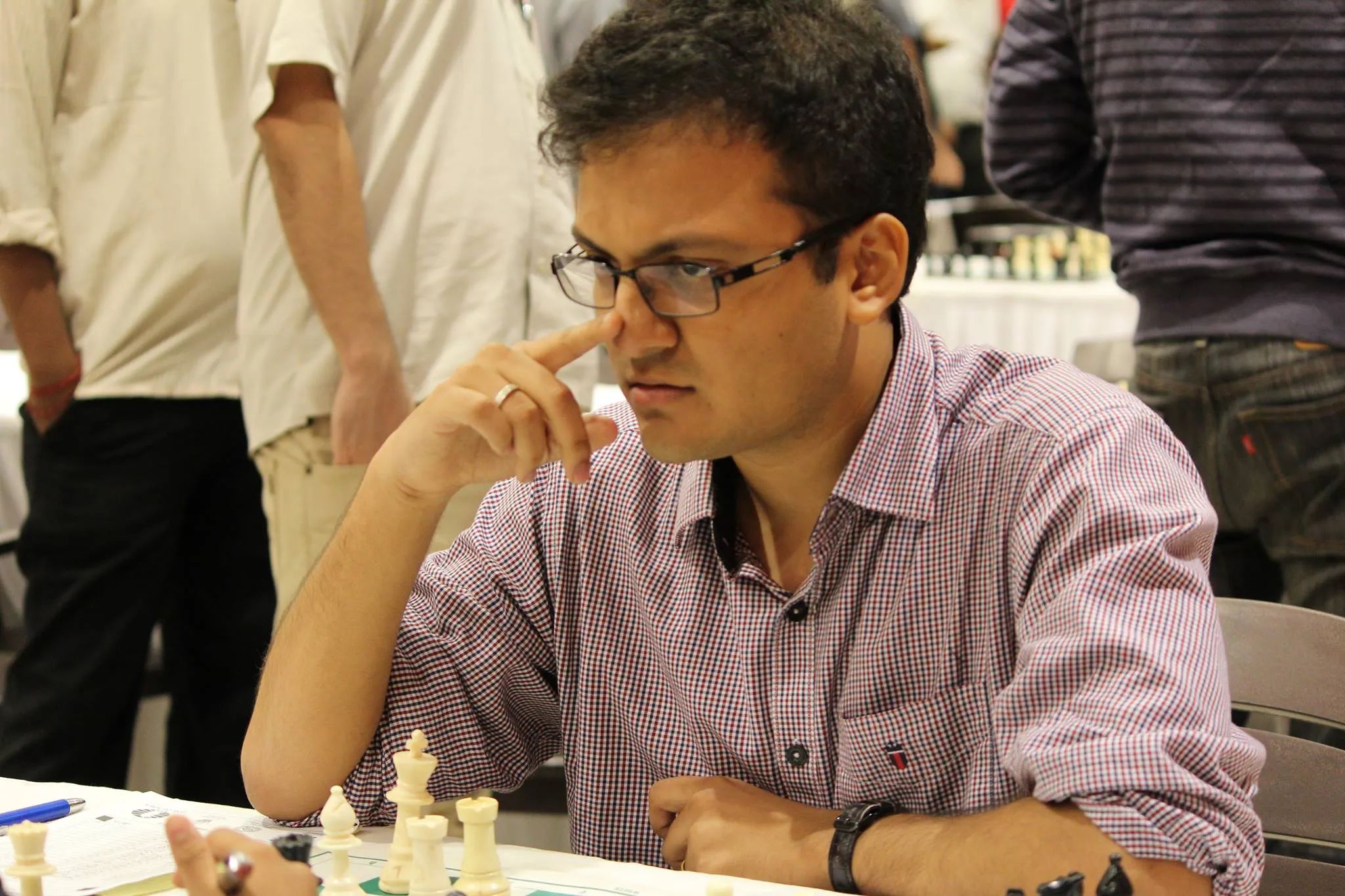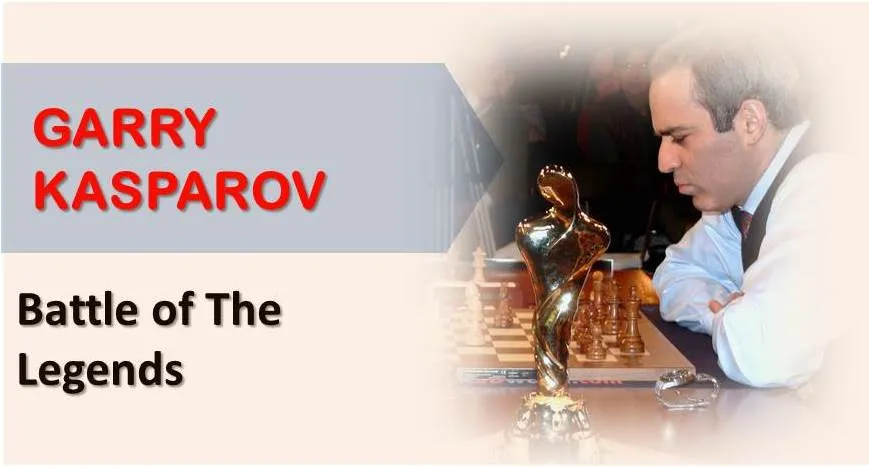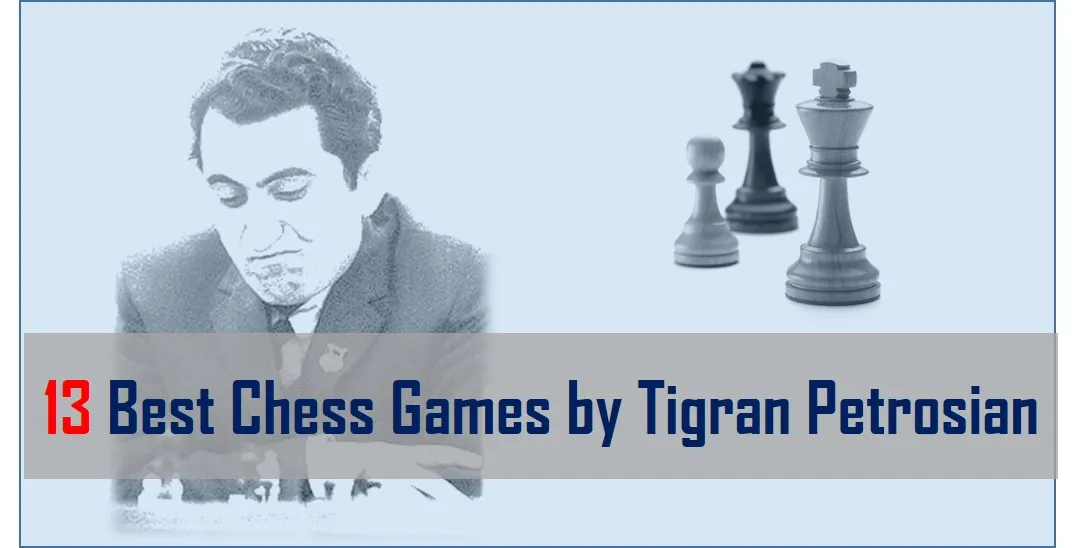One Day in The Life of a Professional Chess Player
Many amateur players are curious about what kind of training routine do professional chess players have. There are many questions that remain unanswered. Do they train during certain time of the day? Do they take breaks? When is the best time to absorb information? Today we will give you the answers on these and many more questions about how to schedule your training.
Many professional chess players prefer not to share too many details about their own training methods. It is, indeed, understandable. Chess is about getting an edge and no one wants to give that edge to the competition. It is true that in many cases training routines and techniques are very individual, but they still have many common elements. It is not a surprise that all strong players spend significant amount of time on opening preparation, game analysis and preparing for their next opponent.
There are some GMs that are willing to share their training schedules and give advice on when it is the most productive time to work on your game.
Here is an approximate schedule that some GM level professional chess players use:
6:00 am – This is a good time to wake up, if possible you can get up even earlier. Cold shower helps you to get ready for chess.
6:30 am – Light breakfast.
7:00 am – Physical activities are necessary element of the training process. If your health is not in par with your game it will be very difficult to show consistent results. Don’t skip this step!
7:30 – 8:30 am – This is a perfect time for memorizing complex opening variations, endgame positions, or any complicated concepts that require extensive use of your memory.
8:30 – 9:00 am – During this time you should review all of the material that you have learned during previous hour. This step will help you to reinforce new concepts and make sure that you can retain this information for months or even years.
Ready to start systematic training that actually works?
Click here to start your training using the day-by-day program.
9:00 –10:00 am – This hour should be used for training of logical thinking, going over the strategy and working on positional chess. You can also include complex endgame positions, where no precise solution exists.
10:00 am – 11:00 am – This is a good time to work on your analytical and strategic thinking, solving tactics problems, training calculation skills, going over the games of famous chess players, analyzing opponents’ games as well as figuring out your own strengths and weaknesses.
11:00 am – 12:00 pm – During this hour you should briefly review all of the material studied today, plan tomorrow’s training session, draw conclusions about the effectiveness of overall program as well as to work on time management skills.
12:00 – 13:00 pm – Lunch.
Note: You should take 5 minute breaks here and there, especially if you feel that you start losing focus.
Many strong players prefer to spend the first half of the day working on chess, because that’s when most people are especially productive. It is also the most optimal training schedule for players looking to achieve serious progress.
It should also be mentioned that chess players under 7 years old, should not follow this routine because they typically have their own sleeping and eating cycles. Chess players from 7-14 years old, should shorten this training session by 50-60%. Chess players over 14 years old, should try to follow this routine for maximum results.
If you are working on chess by using our 21 Days to Supercharge Your Chess Training Course we recommend scheduling your training in such a way that you can do majority of the tasks in the morning. Taking into account that the typical training day in the course is about 60 minutes, it shouldn’t be very hard to accommodate. This way you can spend the most productive time of the day on understanding new concepts, solving homework, etc.
Credits: WGM Ava Suleimanova, chess-portal.net
“Want to improve your skills and become a professional chess player? Check out our store and articles:
“










Comments: